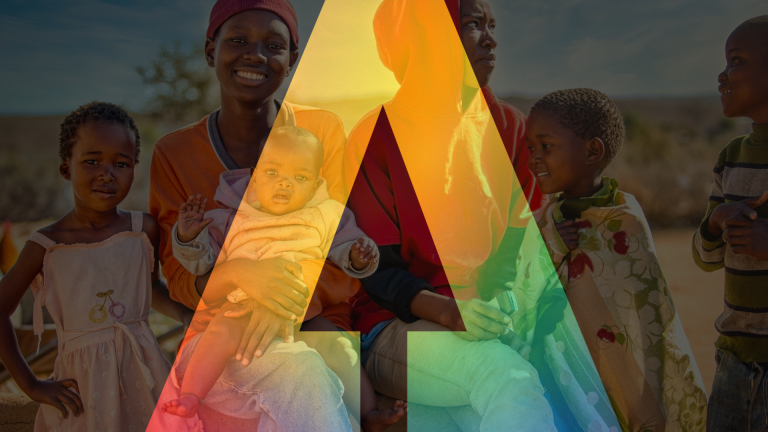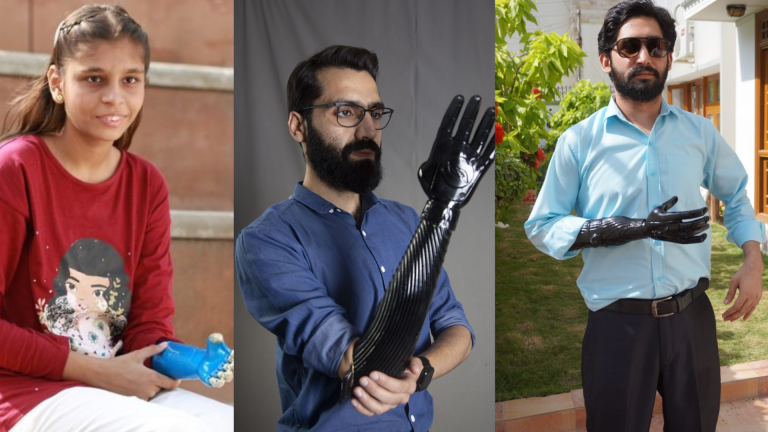Harnessing Youth Power: Civic Engagement in AI and Digital Health Governance in Kenya and Beyond
In the worldwide dialogue surrounding AI and digital health, Dr. Tlaleng Mofokeng, the Special Rapporteur on the Right to Health, unveiled her report on Digital Innovation, Technologies, and the Right to Health. Dr. Mofokeng emphasizes the crucial connection between the right to health and public engagement, advocating for meaningful participation from civil society and community members, particularly youth, in the governance of digital health initiatives. She insists that regulatory frameworks should be shaped by the users of digital technologies. With AI’s potential to supplant human decision-making and autonomy in certain contexts, establishing robust participatory governance structures for AI applications becomes increasingly vital.
The World Health Organization (WHO) Global Strategy on Digital Health 2020-2025 echoes this sentiment by calling for enhanced public participation and transparency in digital health decision-making processes at both national and international levels. In its guidance regarding Artificial Intelligence for Health, WHO insists:
“Civil society and affected communities should participate in the design of AI technologies, and international organizations should collaborate with non-governmental organizations and impacted populations to develop and promote guidance for governments and companies.”
Despite the healthcare sector making significant strides into the digital era, many governments have yet to establish frameworks that encourage substantial involvement from civil society—especially from young people, who are the future leaders and often the first to embrace digital tools and technologies. Recently, digital technologies have become fertile ground for promoting participation in public life. Countries such as India, Scotland, Korea, and Uganda are already harnessing these technologies to identify and address the evolving needs and priorities of youth across diverse sectors.
In Kenya, where the youth account for three-quarters of the population, there is a remarkable display of innovation in response to the increasing demand for online health information and services among diverse peer groups. Despite their significant potential as a driving force for societal, economic, and political advancement, the capabilities of young people remain largely underutilized.
Importantly, Kenya stands out as the only African nation with legislation regulating digital health services, having recently enacted the Digital Health Act No. 15 of 2023. While this legal framework suggests a willingness to foster youth involvement in governance, its execution still presents challenges. Consequently, progressive legislation like the Digital Health Act has been adopted without effective participatory structures for youth engagement across all levels of government.
A recent youth-driven research initiative in Kenya, supported by Young Experts: Tech for Health (YET4H), aimed to explore the opportunities and challenges surrounding youth-inclusive public participation in crafting a digital health regulatory framework. This online study included 73 participants from 15 counties in Kenya, gathering insights from 68 young individuals aged 18-34, including women, men, trans and non-binary persons from varied community groups, socioeconomic backgrounds, and literacy levels. Additionally, Key Informant Interviews (KIIs) were conducted with experts from various stakeholder sectors such as county and national government, international organizations, policymakers, legislators, and civil society.
The study highlighted that young people are eager to be fully integrated into existing public participation frameworks and wish to be actively engaged throughout the entire legislative and policy-making cycles, from development to execution. Barriers including physical access issues, a lack of information, and ineffective communication strategies were identified as significant obstacles impeding youth participation. Conversely, the findings indicated that an overwhelming 96% of respondents were in favor of establishing a digital civic participation framework designed for youth, ensuring that their needs and voices are adequately reflected in future digital health laws, policies, and strategies. Participants opined that an e-participation platform would be more economical, time-efficient, and effective in reaching a broader youth audience. While some expressed concerns regarding the potential risks to their rights—such as data protection, information access, non-discrimination, freedom of expression, and health rights—the overall sentiment towards a digitally-enabled participation system was positive. The study also emphasized the necessity for a comprehensive approach to providing digital, health, and civic literacy, ensuring that it is contextually relevant and fosters actionable solutions.
In view of these insights, countries considering the adoption or revision of digital health and AI-related legislation should strive to enhance their existing participatory governance frameworks by integrating digital civic participation strategies. Such an approach would facilitate meaningful involvement from young people and other key populations in shaping rights-based technologies, ultimately leading to the development of more progressive, inclusive, and sustainable AI and digital health regulatory environments.
About the Author:
Tara Imalingat, LLB, PGDip Healthcare Ethics and Law, PGDip Law, is currently pursuing a Master of Science (MSc) in Global Health, Social Justice, and Public Policy at King’s College London. She is a qualified Advocate of the High Court of Kenya, having obtained her Bachelor of Law Degree and Postgraduate Diploma in Healthcare, Ethics, and Law from the University of Manchester in the UK. Previously, Tara served as a Programme Officer at the Kenya Legal & Ethical Issues Network for HIV and AIDS (KELIN), collaborating with the Digital Health and Rights Consortium—a collective involved in academia and civil society that investigates the necessity for a rights-based approach to digital health governance through research and advocacy. Tara has also earned a digital health research fellowship from Young Experts Tech for Health (YET4H), an initiative established by Transform Health to advocate for youth leadership on the journey toward achieving Universal Health Coverage by 2030 via data and digital technologies.
AI for Good Health Innovation & Creativity Youth
Share This Post: Copy link
Link copied!
Facebook Twitter LinkedIn WhatsApp Email






